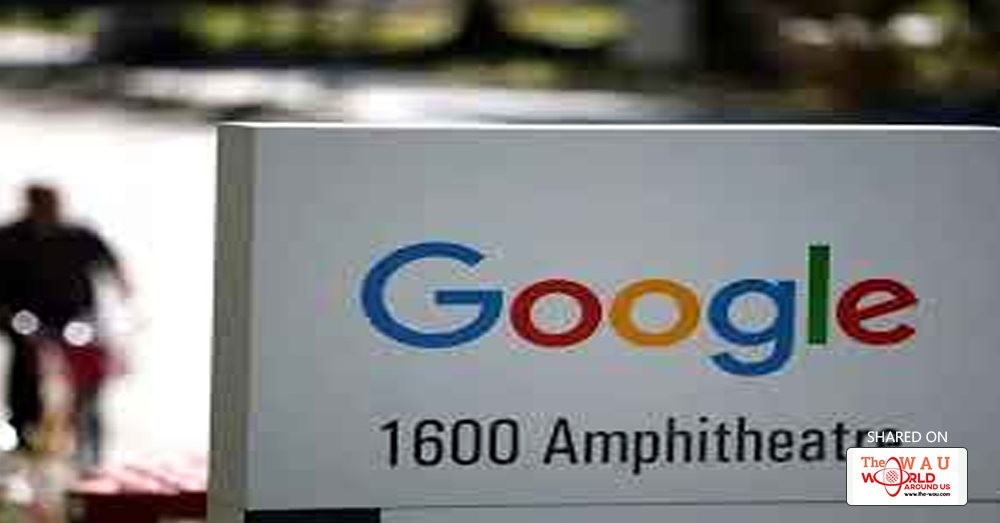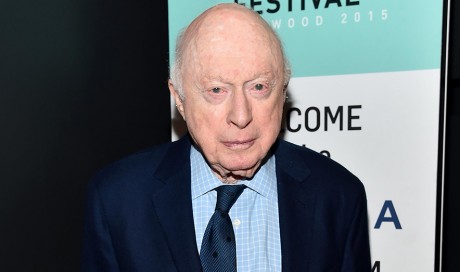AT&T, Verizon, Johnson & Johnson and other major U.S. advertisers are pulling hundreds of millions of dollars in business from Google and its video service YouTube despite the Internet giant's pledge this week to keep offensive and extremist content away from ads.
AT&T said that it is halting all ad spending on Google except for search ads. That means AT&T ads will not run on YouTube or two million websites that take part in Google's ad network.
"We are deeply concerned that our ads may have appeared alongside YouTube content promoting terrorism and hate," the company said in an emailed statement. "Until Google can ensure this won’t happen again, we are removing our ads from Google’s non-search platforms."
Sanette Chao, who handles marketing communications and branding for Verizon, confirmed that mobile operator has also pulled its ads.
"Once we were notified that our ads were appearing on non-sanctioned websites, we took immediate action to suspend this type of ad placement and launched an investigation," Chao said in a statement.
Google declined to comment on the defection of advertisers.
"As announced, we’ve begun an extensive review of our advertising policies and have made a public commitment to put in place changes that give brands more control over where their ads appear," the Internet giant said in a statement. "We're also raising the bar for our ads policies to further safeguard our advertisers’ brands."
Here's a screenshot of one of the videos we found #googleadshttps://t.co/3o6fRhsToS
— James Dean (@JamesDeanTimes) March 22, 2017
The decision by major U.S. brands to yank ads, first reported by the Times in the U.K., indicates that an advertiser boycott that began overseas is quickly spreading.
Google is attempting to quell a growing furor by the British government and major brands in the U.K., and now the U.S., angered over the placement of online ads alongside offensive or extremist content — such as videos by white supremacists or the Islamic State. In response, earlier this week Google that it would pull online ads from controversial content, give brands more control over where their ads appear and would deploy more people to enforce its ad policies.
So far, Google has not done enough to reassure advertisers, says Pivotal Research Group analyst Brian Wieser, who downgraded Google parent company Alphabet's stock on Monday. He had warned the U.K. boycott could have global repercussions for Google.
More than 250 organizations including the British government, Toyota and McDonald’s have stopped advertising on YouTube in the U.K., according to The Times.
US media analyst: “This has ramifications across digital advertising. Google don’t seem to fully comprehend the scale of concern." #google
— Alexi Mostrous (@AlexiMostrous) March 22, 2017
Wieser says these advertiser defections are just the first shoe to drop in the United States, and other advertisers will likely follow.
"Google’s response to the matter has been insufficient so far, and it’s not clear that they’ll develop one that is sufficient soon enough to deter others," Wieser said.
That was the case for Johnson & Johnson, which said Wednesday it had decided to pause all YouTube advertising globally "to ensure our product advertising does not appear on channels that promote offensive content."
"We will continue to take every measure to ensure our brand advertising is consistent with our brand values," the company said in a statement.
That's easier said than done in the digital age. Brands often don't know where their online ads are running. That's because much of the ad buying in question, programmatic ad buying, is computerized, with machines making the decision on where ads should appear on the Internet, all with very little human oversight.
That kind of ad buying "has gotten ahead of the advertising industry’s checks-and-balances," Enterprise Holdings spokeswoman Laura Bryant said. The car rental company also pulled its ads from Google and YouTube.
"There is no doubt there are serious flaws that need to be addressed," Bryant said in an emailed statement. "As a result, we have temporarily halted all YouTube advertising, while executives at Google, YouTube and our own media agencies focus on alleviating these risks and concerns going forward."
Share This Post














